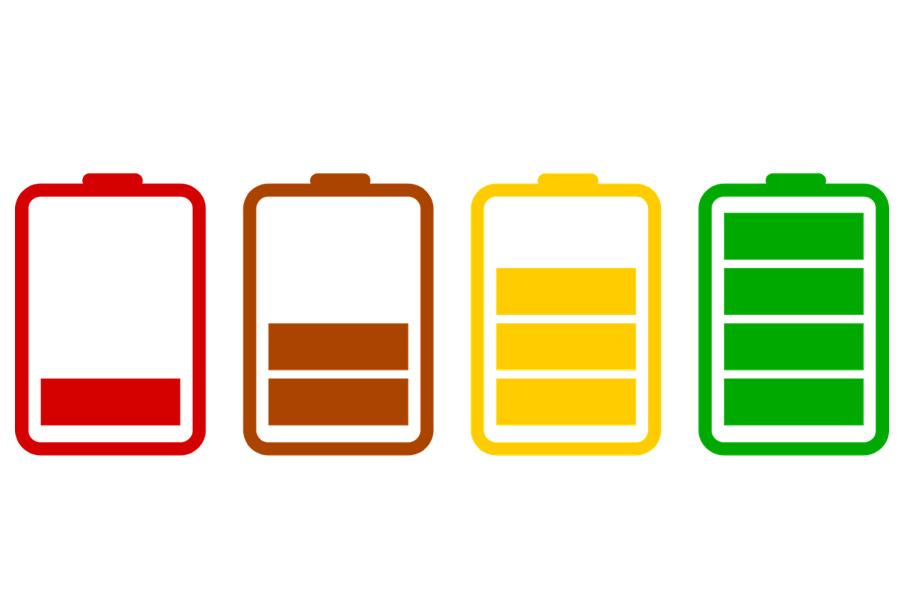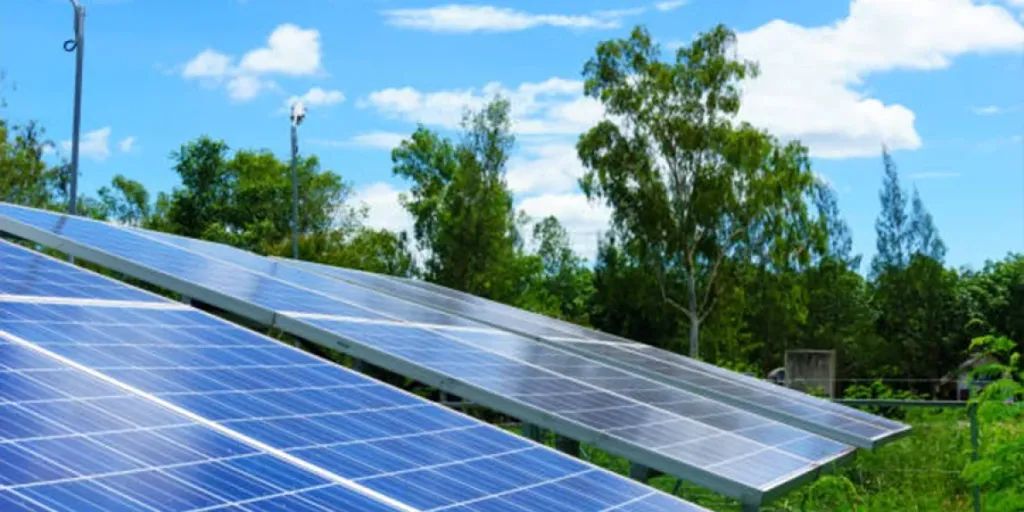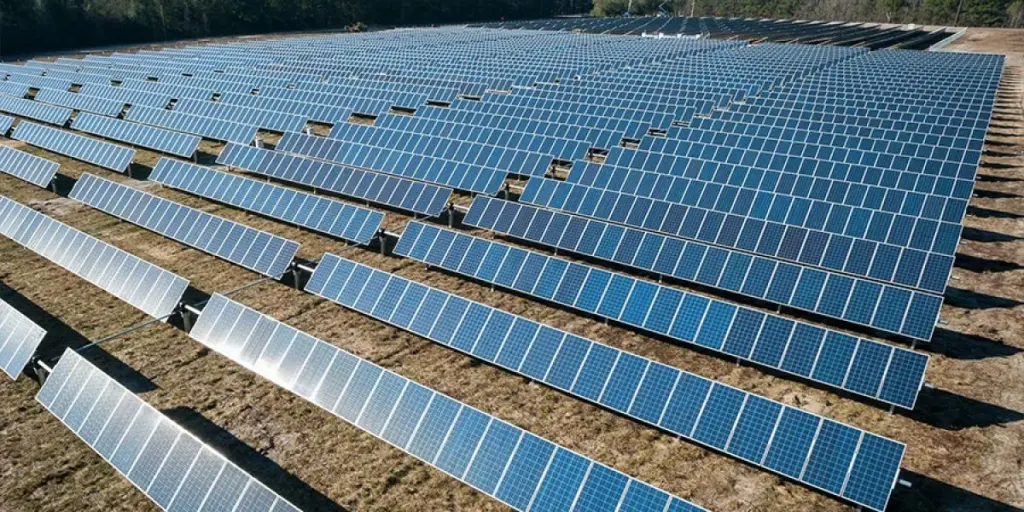As the name suggests, a hydrogen fuel cell uses hydrogen energy to fuel an electrochemical process. Hydrogen and oxygen are combined in this process to produce water and electrical energy. It is a pure form of energy with heat, water, and electricity as its only products and by-products.
Fuel cells facilitate multiple applications, be it transport or emergency power supply. Unlike traditional combustion-based technologies, the hydrogen power system is more efficient and has zero emissions. Also, it is quiet during operation as it contains fewer moving parts than combustion technologies.
Table of Contents
How does a hydrogen fuel cell work?
The future of hydrogen energy
5 reasons to invest in a hydrogen fuel cells
Conclusion
How does a hydrogen fuel cell work?

The hydrogen fuel cells are created to use hydrogen energy levels for power production. The ionization energy of hydrogen is considered low because it takes a minimum amount of energy to strip a bond electron from the hydrogen atom. Each fuel cell has two electrodes—a positive cathode and a negative anode. Electricity production happens at these electrodes when an electrolyte carries electric-powered particles between them and the catalyst to accelerate the reaction.
A catalyst at the anode breaks the hydrogen molecules into protons and electrons. Each takes a different path to the cathode. The electrons pass through an external circuit creating an electric flow while the protons migrate through the electrolyte toward the cathode. The protons combine with electrons and oxygen to produce heat and water.
The future of hydrogen energy
Clean hydrogen is currently enjoying a thorough business and political momentum. The number of projects worldwide is rapidly increasing, compelling countries to expand their technologies. It is also essential to lower the costs so that hydrogen is widely adopted.
According to Vision Research Reports, the global hydrogen fuel cells market is expected to reach around USD 68.06 billion by 2030. It is forecasted to grow at a compound annual growth rate (CAGR) of 69.5% from 2022 to 2030.
Manufacturers are working on hydrogen energy production as climate change attracts more global attention. The increasing demand from the automotive, telecommunications, and residential industries are also key driving factors. This has resulted in a growing domestic and commercial application of hydrogen energy, encouraging the power sector companies to invest more in this field.
5 reasons to invest in a hydrogen fuel cells
Zero-emission power

Hydrogen power has zero or lower emissions than combustion energies. A hydrogen fuel cell emits water and has the potential to overcome critical climatic challenges because there are no carbon emissions.
Since a hydrogen fuel cell does not produce harmful emissions, it eliminates the costs of handling toxic materials like diesel fuel and battery fluids. Also, the system has no air pollutants producing smog or creating health problems for workers in the hydrogen power plant. These benefits have resulted in the inclusion of hydrogen fuel cells in many well-planned corporate sustainability programs.
Highly reliable

Environmental experts agree that hydrogen fuel cells are a clean, quiet, and reliable energy source. The cells do not need periodical recharge like batteries but continue producing power as long as the fuel source is kept activated. Because fuel cells generate electricity by chemically changing hydrogen to energy, they can achieve higher efficiencies than conventional energy production methods like steam turbines.
Hydrogen power technology has proven reliable in rough conditions, including frigid temperatures, hurricanes, and winter storms. Unlike hydropower and biofuel, hydrogen energy production does not require a vast land area. NASA has been working on using hydrogen as a resource, with water produced as its by-product to be used as drinking water for astronauts.
Improved efficiency

According to the US Department of Energy, hydrogen fuel cells are around 40-60% energy efficient. This range contrasts with the typical internal combustion engine of a car, which is around 25% efficient.
Hydrogen fuel cells are generally more efficient than other energy sources, including many green power solutions. This efficiency enables the production of more energy per unit of fuel. Further, fuel cell manufacturers focus on innovative hydrogen energy production strategies. Some of their efforts include developing ion-exchange membrane electrolytes with improved performance at a reduced cost, models to understand system design and operation conditions, and creating stacks with high efficiency at rated power.
Low operation costs

Hydrogen energy saves more money than combustion-based power systems. There is no need to replace or charge the batteries, reducing subsequent costs like labor, space, and time charges.
On the other hand, energy sources like fuel, oil, and natural gas require massive power plants for production. The operation costs of running these plants are also higher because they need a workforce to work on-site actively.
A hydrogen fuel cell asks for simple maintenance and fewer site visits, saving around 84% operational costs than combustion generators for stationary power. They are highly reliable and function optimally, keeping the workforce focused on their assigned jobs.
Scalable

Scalability is one of the most significant benefits of using hydrogen fuel cells. This means that an individual fuel cell could be joined with others to create a stack. These stacks combine to create a more profound system of converting hydrogen to energy.
The cells could be engineered to fulfill a diverse range of requirements. They can be used for portable devices, transportation, or stationary power stations. This type of versatility of a renewable energy source is quite rare, making hydrogen energy quite unique among others.
Conclusion
As technology advances, hydrogen fuel cells will progress in their features and continue to provide energy for a vast range of mobile and stationary applications. They tend to reduce global dependency on fossil fuels and help democratize worldwide energy supplies. Increasing the adoption of hydrogen energy will benefit many countries that still rely on fossil fuel supplies.
With more people accepting hydrogen power as their energy resource, consumers will want a wide range of hydrogen fuel cells at their disposal. Explore Alibaba.com to source different hydrogen fuel cells and ensure they meet the current market requirements.




